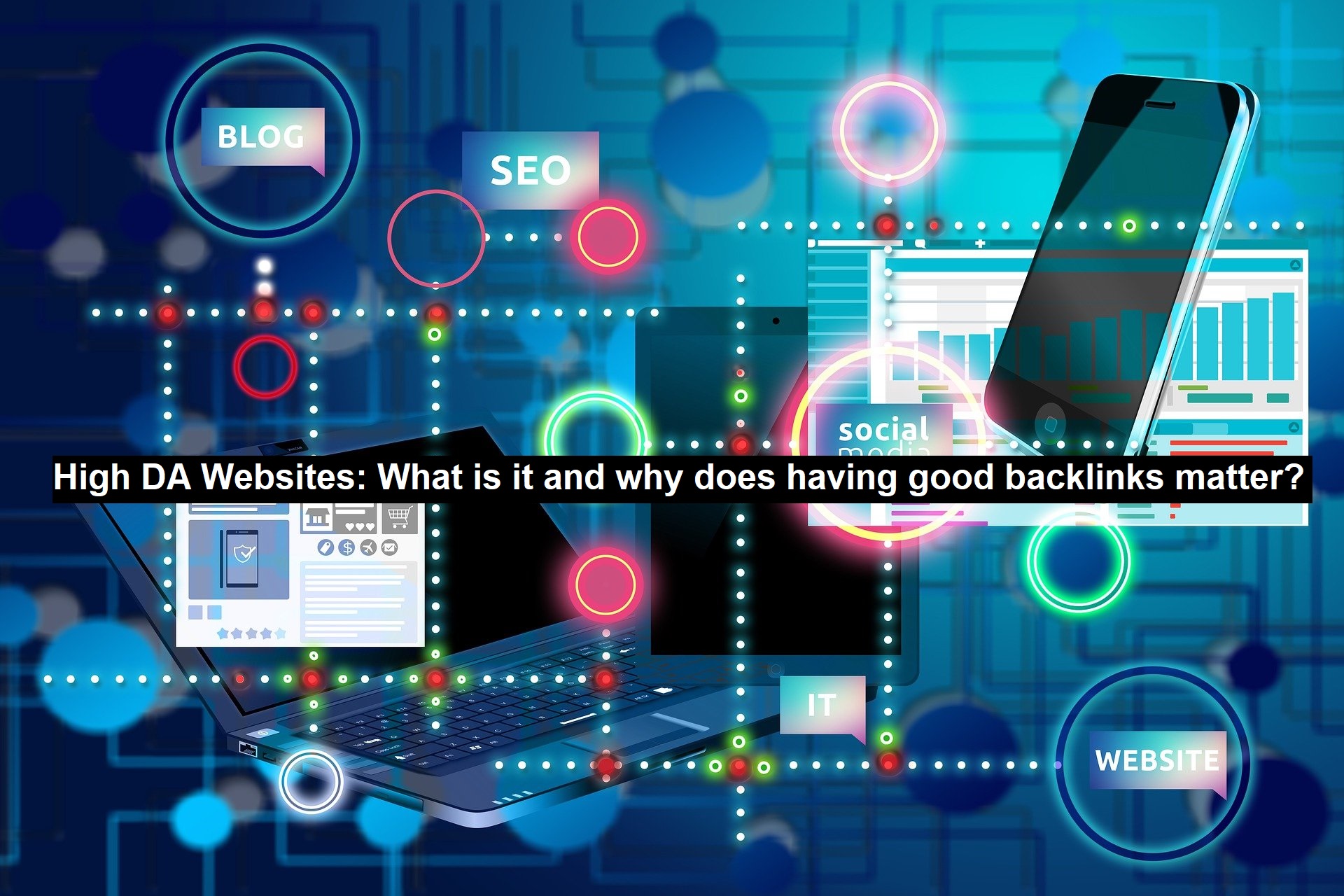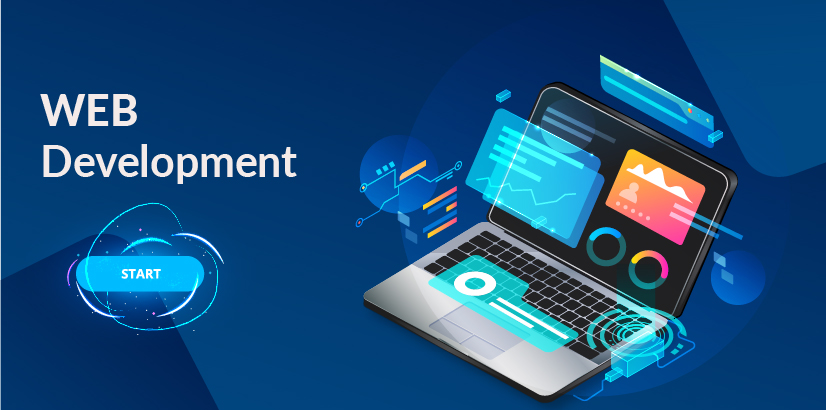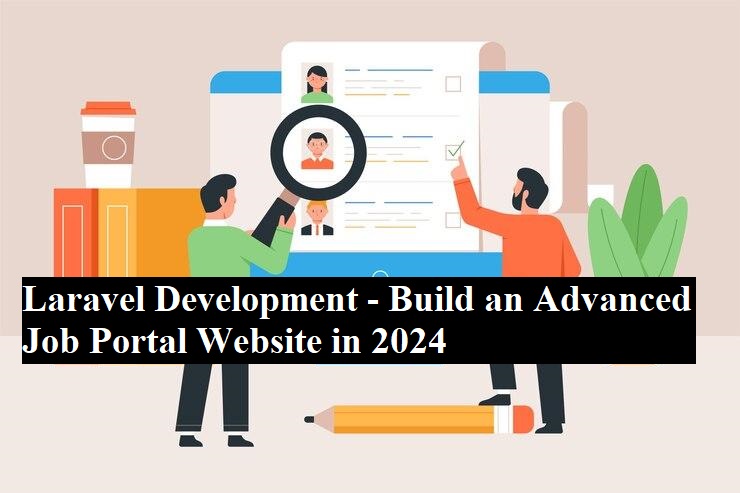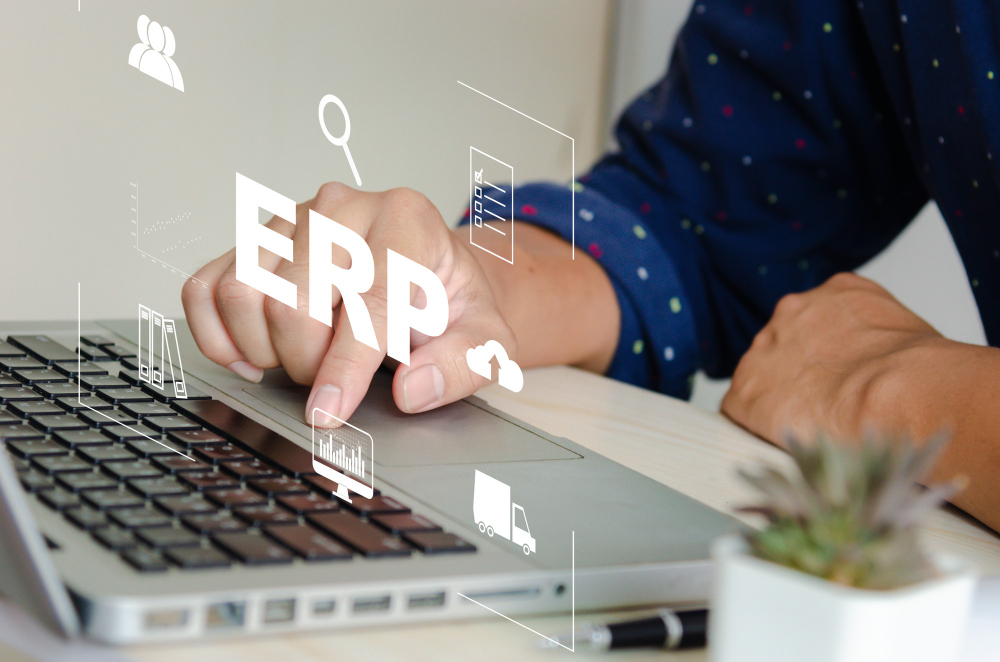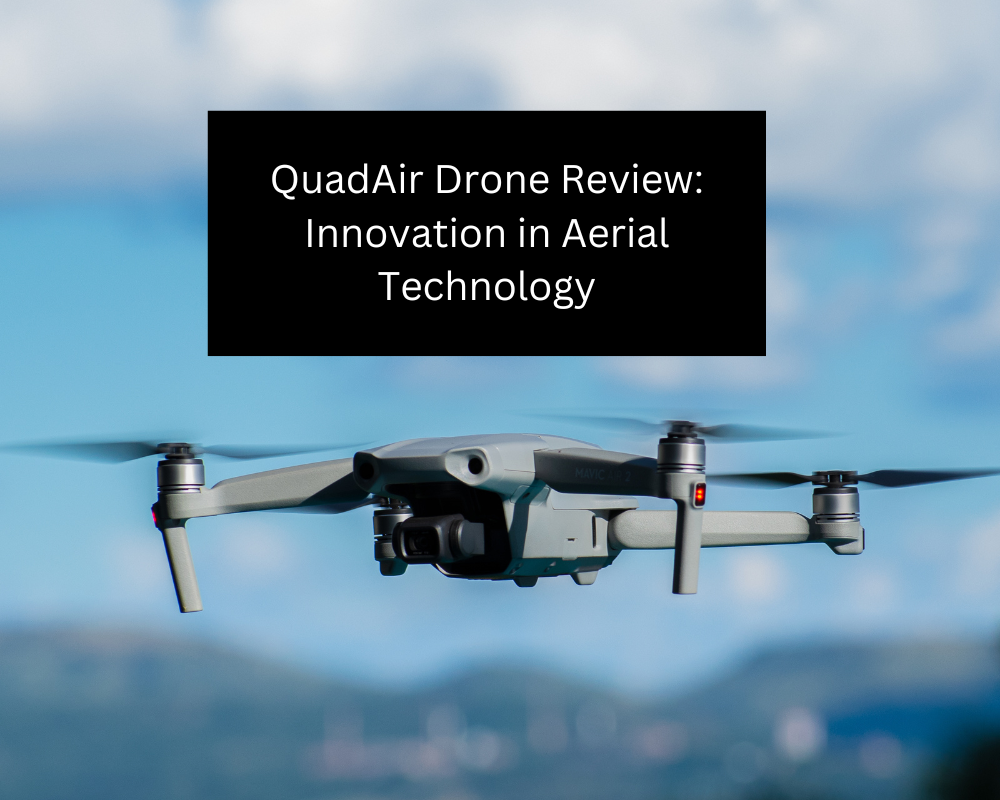Digitalisation is transforming business in many ways. It has simplified the way businesses are operated. In this age of digital explosion, a company cannot hold on to traditional methods. Adopting these technologies and staying ahead of the game has become vital. It has even become necessary for a local store to get into the world of the internet to compete against other local stores.
New technologies have helped multiple businesses to grow and achieve success. The pandemic covid 19 has made business leaders realize that every company must give up old ways and adapt to the latest trends and technology to step forward towards growth.
Automation is the key to managing businesses. At the moment, the e-commerce industry is booming and flourishing. Many companies are using multiple social media channels to promote their products. Above all, all these can be linked to the ERP system to conduct business seamlessly. Automation helps to avoid human errors and inaccuracies. Plus, indirectly, it gives the highest service to the customers.
What is ERP software?
Enterprise resource planning or ERP software is an advanced technology to ease the business processes of any enterprise. It has multiple benefits to offer in this digital age. The company’s core operations are financial management, distribution, supply chain operations, project management, inventory control, and customer relationship management. As ERP systems embrace cloud-based solutions and real-time data integration, starting an export business becomes easier with improved compliance, logistics management, and global visibility. An ERP software collects in-depth data from all these core departments, optimizes it, and stores it in information silos. It automates the business processes of these core departments and simplifies them.
ERP system streamlines all the workflows and removes bottlenecks. It helps executives create strategic decisions for the company’s better future by generating insightful reports and forecasts.
Modern ERP solutions are integrated systems helping all the company’s users access data. All the data are stored in the centralized system. Plus, modern ERP systems are extensive, they can embrace the latest technology and third-party plug-ins. In addition, it is a flexible, agile, faster and modular solution for all businesses. By leveraging the data insights from ERP systems, businesses can incorporate sustainability into event planning, minimizing environmental impact and optimizing resource utilization. It comes with an industry-specific customisable option to enhance the company’s operational efficiency.
ERP systems can be categorized into three common types – On-premise ERP systems, cloud ERP systems and hybrid ERP systems.
Strategic ERP trends of 2022
ERP systems are a necessity to conduct business efficiently. Businesses change as ERP systems keep on evolving and new technologies emerge. Some of the ERP trends of 2022 benefiting businesses are mentioned below.
Cloud ERP system
Cloud ERP systems are prevalent these days. Business owners were reluctant to invest in the cloud ERP software because of security issues. The cloud system has evolved and become a cost-effective solution for businesses. Business owners can deploy this ERP system faster with lower costs, new features and functionalities, and fewer services required from internal IT sources.
Customization is the best solution
Modern ERP solutions have room for customisation. It is possible to get industry-specific ERP designed for your business. This attribute helps accelerate the growth of the company. For example, we now have food industry-specific ERP systems, pharma industry-specific ERP systems, and many more.
Customisation based on industry helps in maximizing productivity and revenue.
Digitalization
In this age of digital outbreak, its integration with business is significant. Companies’ adoption of digital technology has attained efficiency and can compete and stand out. Pandemic covid 19 is an example for business leaders to decide whether to adopt the technology. Leverage emerging ERP trends like AI and cloud deployment to expand your new business with efficient operations and data-driven insights. Emerging technology has helped the business to simplify processes and maximize growth.
Internet of things (IoT)
IoT is the networking of computers with other devices. IoT helps provide real-time data visibility, reports and forecasts derived from valuable insights, and better asset management analytics from AI and business intelligence.
Mobile ERP
Mobile ERP solutions help employees to access information and work from any location. It provides access to critical data assisting the employees in working from the back end to the front end. Even if the office is dispersed worldwide and in different time zones, it unifies data.
In addition, as a result of improved collaborations, there will be increased productivity, real-time data, insightful reports and forecasts, and increased agility. Tasks like viewing critical information in real-time, call logging, time tracking and getting approvals can be done with phones.
Two-tier ERP
A two-tier ERP system is the most efficient system implemented by companies. It’s a combination of an On-premise ERP system and a Cloud ERP system or any other type of ERP system with a Cloud system. This helps in providing accessibility among companies.
Integration of ERP software with other technology
When integrated with technologies like AI and ML, ERP systems give maximum productivity and increased efficiency.
Modern ERP solutions are expandable and extensive and embrace the latest technology to increase the productivity of businesses. Technology helps in Simplifying all the core business processes. ERP vendors adapt to the trend by integrating the system with emerging technology.
Powerful analytics
It is a fact that the ERP solution organizes data and renders excellent forecasts and reports. Comparatively, modern ERP systems are designed to provide powerful analytical features. Plus, these features help in generating more accurate predictions.
It helps in making insightful decisions for the better future of the company. The ERP system has accessibility to all the company’s business departments, so with that information, it will be easier for the C-suite employees to make valuable decisions to improve the company.
Future of ERP software
ERP system is an efficient solution to manage and optimize everyday business activities. When it is integrated with the merging technology, it provides the maximum advantage for the business. As the company expands, modern ERP systems stretch, providing the right solution for all business operations.
Enterprise will also give attention to improving mobile ERP systems for remote work. This includes training and automation of workflows.
Final thoughts
Investing in ERP software is a massive decision for business owners. So they should take time to choose the right software from the market. First, analyze all the areas where your business is lagging. Write it down and later identify an ERP system that will be the perfect solution for your business.
ERP systems should be purchased based on the size, industry and functionality requirements. Identify the top-performing ERP systems, research the vendor and then plan to invest in it.

